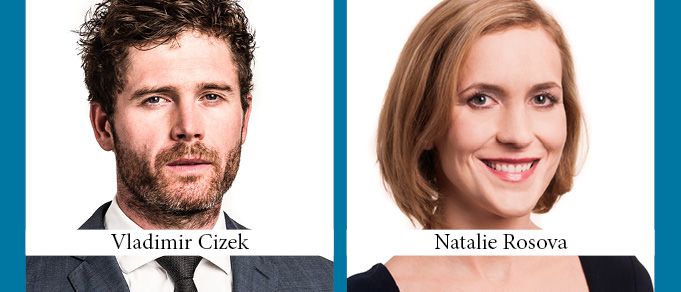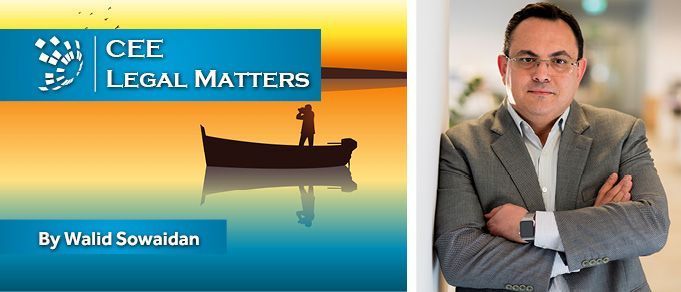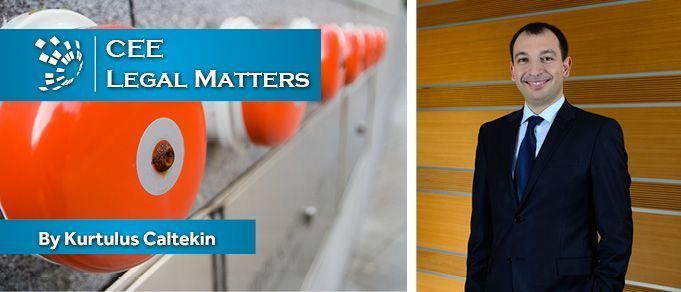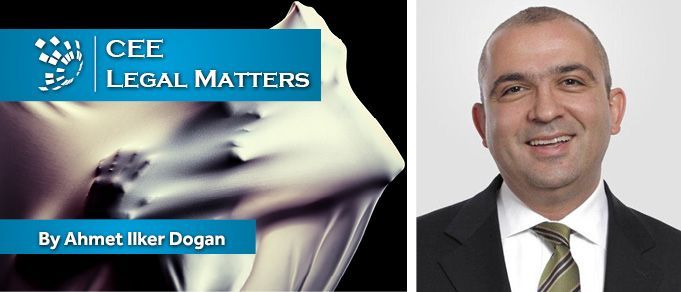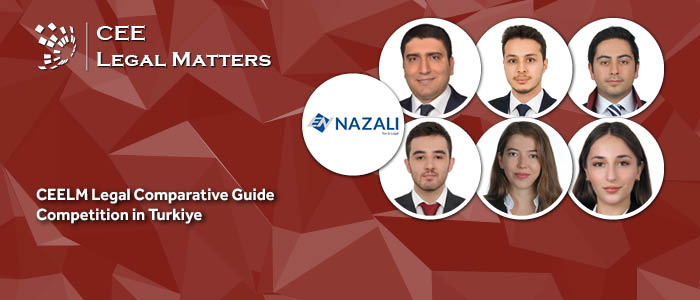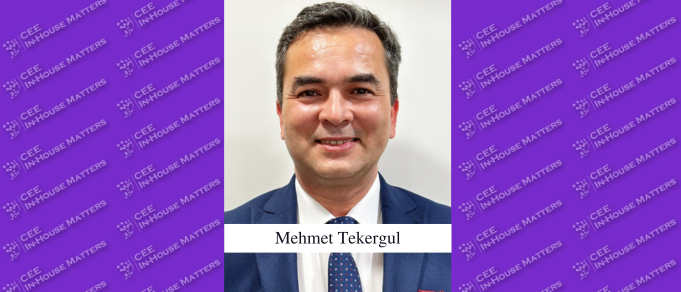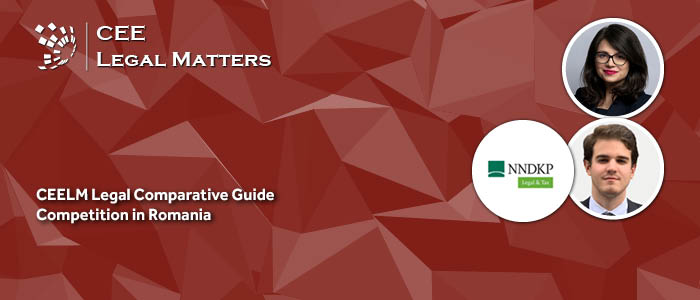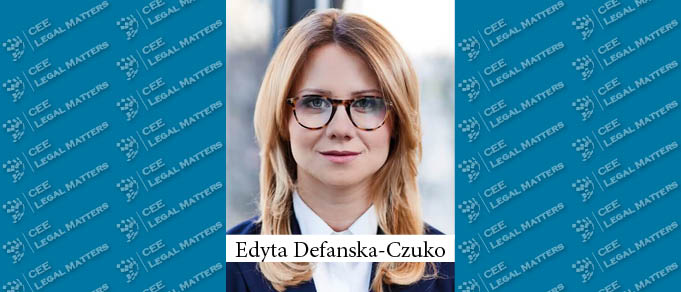As the Directive of the European Parliament and of the Council on Payment Services in the Internal Market (PSDII) introduces a number of changes to existing Czech legislation, a completely new Payment Services Act regulating the provision of payment services will be adopted in the Czech Republic. PSDII should be implemented by January 13, 2018.
Paving the Way: Schoenherr’s Pioneering Payment Services Practice
As consumers conduct an ever-increasing amount of their shopping and banking on-line, the digitalization revolution is having a significant effect on both industries, and payment service providers – companies offering online services allowing merchants to accept electronic payments by, among other forms, credit cards or bank-based payments such as direct debit, bank transfer, and real-time bank transfer based on online banking – are working with both merchants and banks to facilitate their operations.
Marketing Law Firm Marketing: The Rankings
Ranking services form a critical part of the law firm landscape in CEE as around the world, and law firm marketing and business development functions in the region spend many weeks or months each year preparing their submissions for those ranking services they believe are most widely read and influential. Still, not everybody is convinced the ranking services are as effective or valuable as they could be. Thus, for this issue, we asked the law firm marketing and BD experts around CEE: “What one change would you most like to see made to the law firm rankings to make them more useful/effective?”
Czech Real Estate Transfer Tax After the Latest Changes: Catching Up with Regional Trends?
This past autumn brought extensive changes to the Czech Republic’s real estate acquisition tax, which, according to lawmakers, should align the country’s regulation to the European standard. Is it really the case? With the assistance of members of the Real Estate team within Taylor Wessing CEE, we compare the new regulation to those in neighboring countries.
Maximizing the Match: The Dos and Donts of Working with Legal Recruiters
David Stuckey, the former Commercial Director of the Legalis legal recruiting agency, describes the rules of engagement.
Guest Editorial: Standardization in Practicing Law – A Challenge or a Real Threat to the Legal Profession?
Current developments in the technology sector concern the Internet of things, industry 4.0, smart solutions, and the sharing economy. One may think that advances in technology barely affect the legal profession.
Editorial: Hello Prague … and Good-Bye
“Prague never lets you go… this dear little mother has sharp claws” – Franz Kafka
Comparison Makes Perfect: Turkey to Allow Comparative Advertisements in 2018
It would not be unreasonable to suggest that most developments in commercial markets occur as a result of competition between participants and manufacturers of similar products. From an end-user’s perspective, it is always easier to recognize products and/or make comparisons between products on the basis of specific brands/trademarks.
Key Compliance Risks of 2016: Information Security
In recent years information security issues have become extremely important for companies in Russia and around the world. For example, in 2015, almost 300 million U.S. dollars were stolen from more than 100 banks and other financial institutions throughout the world. By the middle of 2016, FinCERT, the Russian system of monitoring of cybersecurity incidents in the financial sphere, had registered 21 targeted attacks aimed at thievery of approximately 2.87 billion rubles (approx. USD 48 million). In addition, during 2016, major Russian banks such as Sberbank, Otkritie, Alfa-Bank, VTB, and Rosbank suffered massive DDoS attacks.
Guest Editorial: International vs. Local – In Defense of Local Firms
I keep hearing that local offices of international firms have been dominating the CEE legal market. Journalists covering the market look at the corporate, finance, and litigation league tables for the region, notice that international firms occupy more places than would be typical in Western Europe, and report a story of global brand domination. I am almost certainly biased, but I see things differently.
Editorial: Calling the Better Angels
Special warning: This is a personal editorial, and not particularly related to lawyering in CEE. I hope our readers will indulge this unusual exception to our normal practice.
The Future is Almost Here: Are We Ready?
Even though we have not yet reached the speed of light, the future is almost here.
Sailing Through a Rough Economy: An Opportunity to Shape the Future of Legal Services
In a challenging economy, in-house lawyers face higher expectations from their clients. On one hand, legal costs are usually seen by businesses as a strong candidate for potential savings. With that in mind, in-house counsels must navigate budget limitations through different measures, including curbing external spend.
Being a General Counsel During a State of Emergency
After the failed military coup in Turkey on July 15th, 2016, The Council of Ministers of Turkey declared a State of Emergency (SoE) in the country. This article focuses on the position of a GC when suddenly confronted with a SoE, needing to ensure the transformation of the company to ensure compliance with the SoE regime.
How to Prepare Yourself as the Head of a Legal Department for the Rapidly Changing World
Changes: Politics and Economy
Our world is changing in front of our eyes. The political situation seems to those of us living in developed countries as experiencing the most rapid changes since the fall of communism.
The Nightmare of In-house Counsel: Cost Cutting
Regulating an effective budget for a legal department is a major strategic decision that must be considered by companies and their legal counsel.
A Better Way to Cut Legal Costs
Legal fees are a necessary business expense in every company. The eternal feud between the legal and the financial departments in regard to the “unnecessary” external legal expenses seems to be the daily bread of every general counsel. The fragile beauty of all legal issues is that they parade as “unimportant and deferable” at first sight and to the untrained eye; but the reality of all parties and state authorities involved may be completely different.
Cost Cutting Strategies
Reflecting upon my career, I cannot remember a single employer who did not propose “let’s increase income and cut down expenses.” Yeah! And that always reminds me of the joke when the Bear complained to the Fox, a Consultant, about the problems caused by his size: He was difficult to feed, in need of a big house, and in constant danger as everyone wanted his fur. The Fox told him: “You should become a mouse. They eat little, can live in any hole, and have very few enemies.” The Bear was happy, but puzzled: “How do I become a Mouse?” And the Fox replied: “I am a Consultant. I can tell you what you need to do, not how to get there.”

